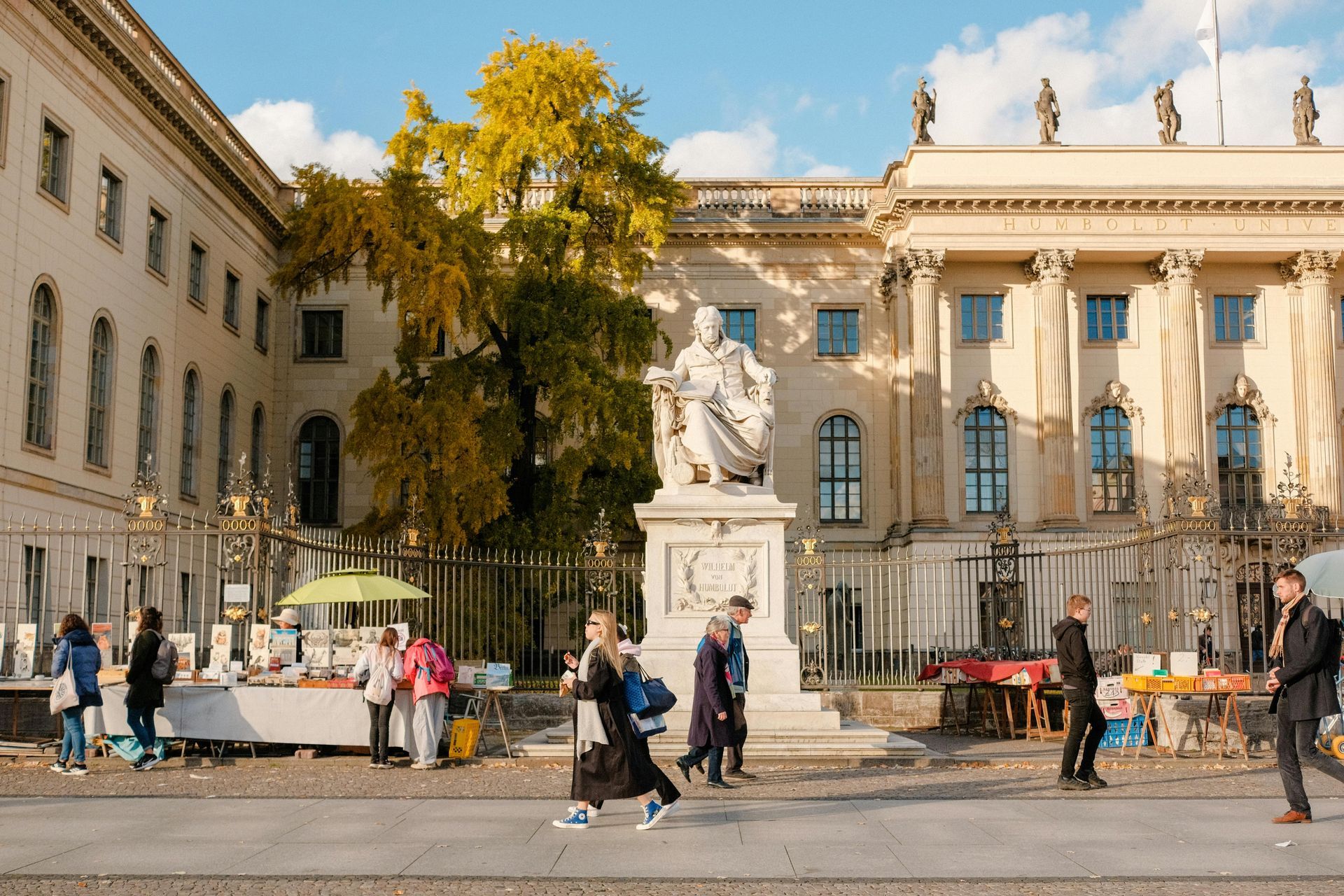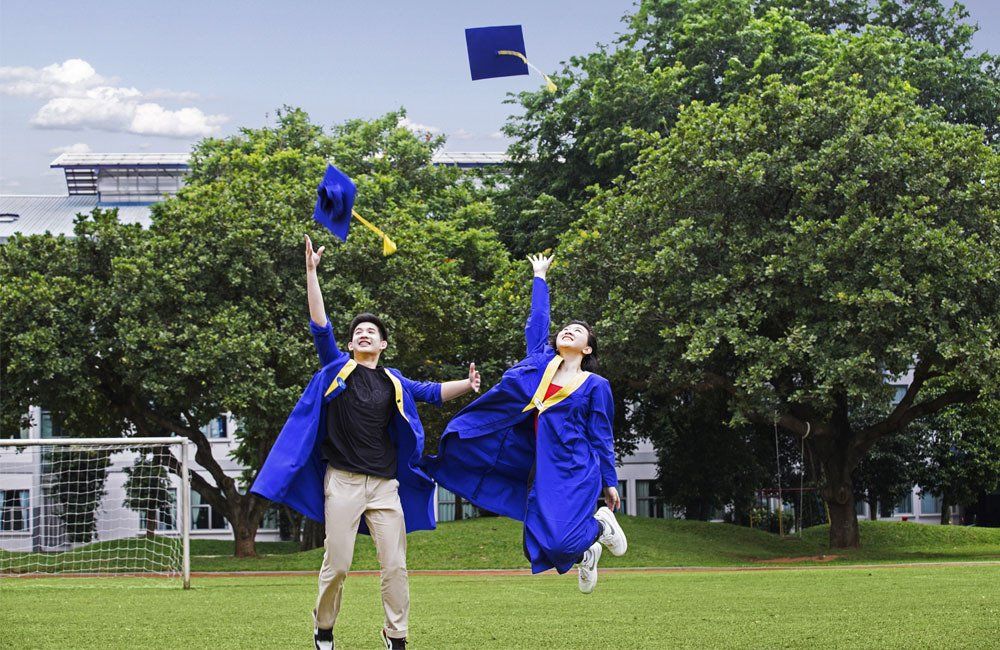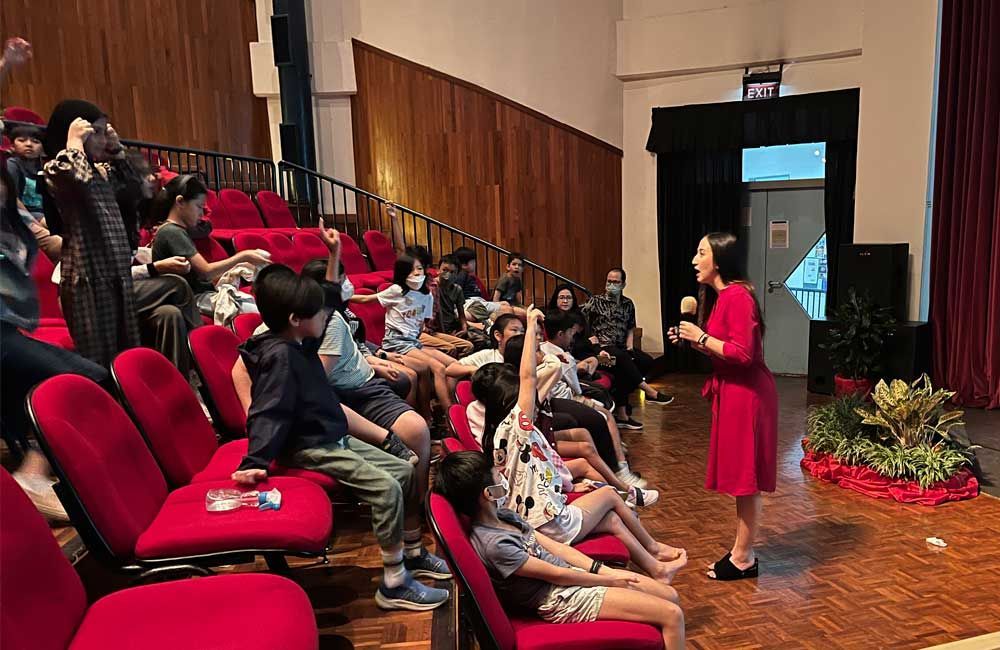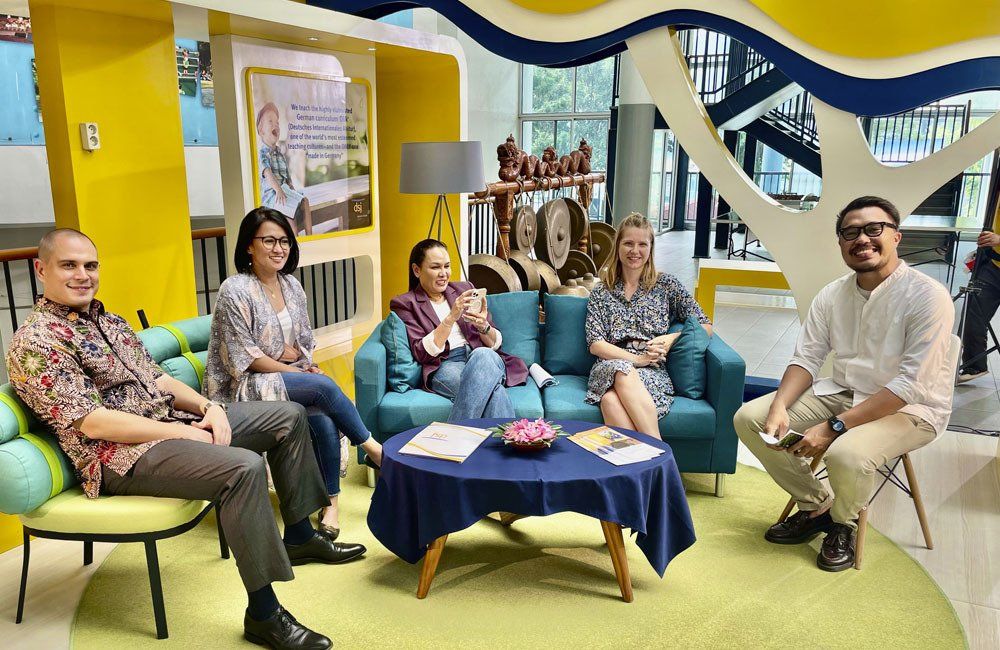International School Education in Jakarta: Costs and Benefits (2025)
Published:
Updated:
May 21, 2025
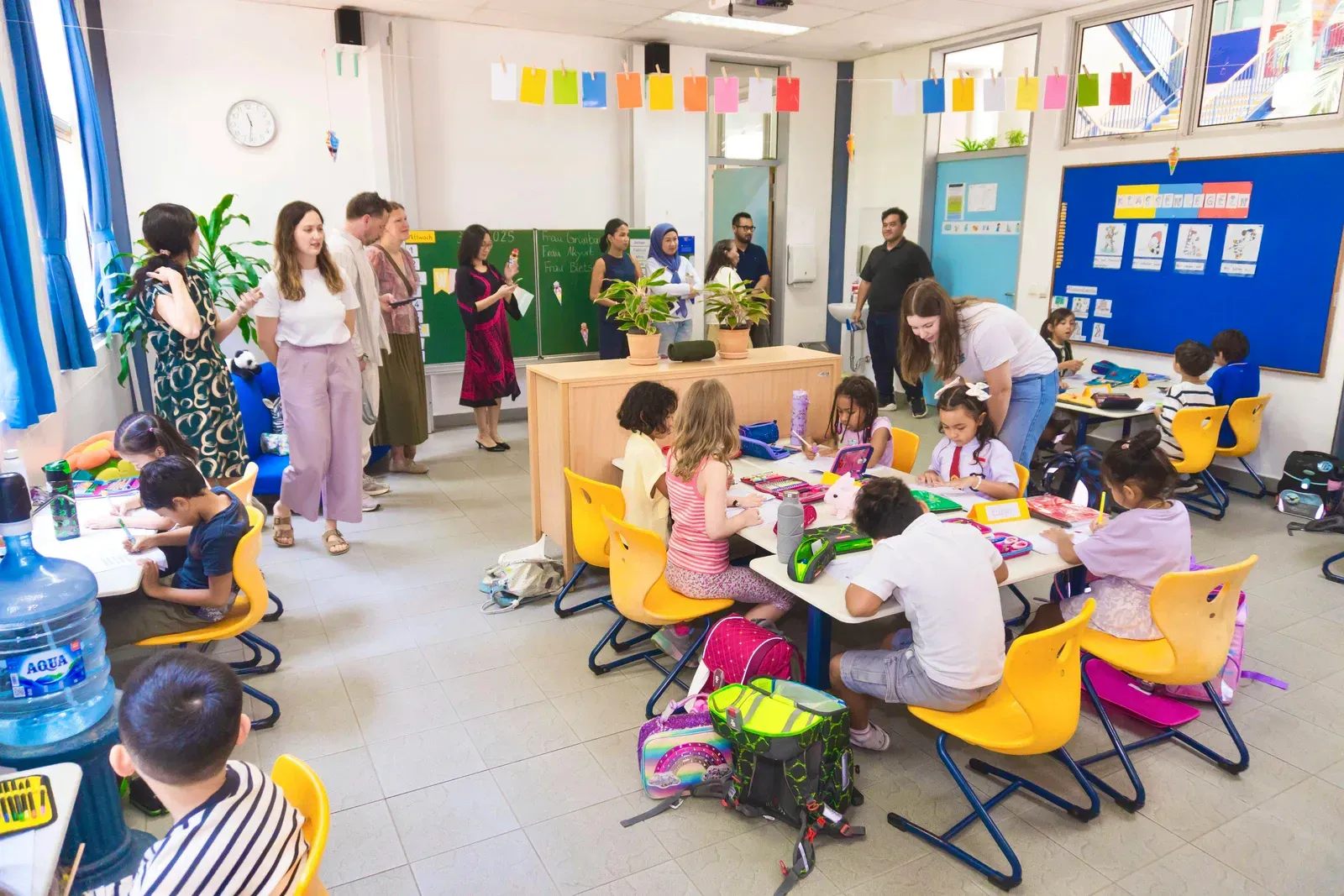
Selecting the right school is one of the most important decisions parents make for their children’s future. To support you in this journey, we have surveyed the 2024–26 school fees of major international / SPK schools in Jakarta, helping you make a well-informed choice.
In Jakarta, international schools often come with a higher price tag compared to national schools, reflecting the value of globally recognized curricula, excellent facilities, and unique opportunities for higher education abroad.
While investing in an international education requires careful financial planning, the long-term benefits can be substantial. Graduates of international schools gain not only academic excellence but also critical skills for success in a globalized world.
Before we dive into the specifics of school fees, it's important to recognize that
not all institutions labeled as "international" offer the same level of education. Historically, two main types of international schools have existed in Jakarta:
Main Types of International Schools
Foreign-Affiliated Schools
Offering foreign curricula such as the British, German, Japanese, or Australian systems (for example, the British School Jakarta, German School Jakarta, and French School Jakarta). Originally established for expatriate families and embassy staff, these schools now attract many Indonesian families seeking a world-class education.
National Plus Schools
A term unofficially used for Indonesian-founded institutions that adopted elements of foreign curricula to provide a more "international" experience, primarily catering to local students. Well-known examples include Mentari Intercultural School, Binus, and Sampoerna Academy.
Since 2014, new government regulations have placed all international and national plus schools under the SPK framework (Satuan Pendidikan Kerjasama), meaning no school may officially call itself an "international school" anymore.
Choosing the right school requires thorough research, clear understanding of your child's needs, and awareness of the true differences between schools. A well-informed decision ensures that your child receives not only an outstanding education but also the best foundation for future success.
Therefore,
parents should conduct thorough research and choose a school that best fits their child's needs
and interests. Making a well-informed decision can help ensure their child receives the best education possible.
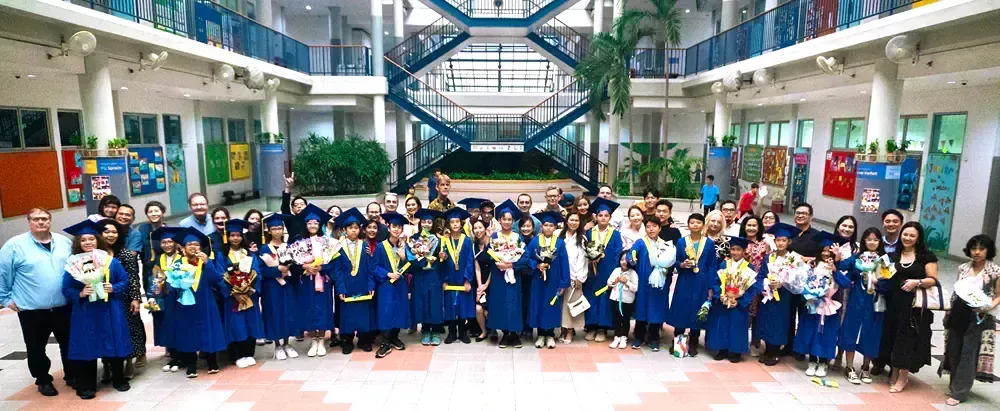
What You can Expect to Pay for an International School
Understanding the cost of international education in Jakarta is essential for making an informed decision. Below, we break down the fee structures of some of the most reputable international/SPK schools, including both foreign-backed and locally founded institutions.
Each school follows its own fee model, typically comprising registration or enrollment fees, annual tuition fees, and, in some cases, additional charges such as application fees. It’s important to note that payment of an application fee does not guarantee admission.
The figures provided here mainly refer to the 2025/26 academic year. However, for some schools, the most recent available rates are still from 2024/25. Therefore, these costs should be considered a general guideline, as tuition fees are subject to change.
SPK schools, like national schools, offer education across four stages —
preschool, primary, secondary, and high school — with fees varying significantly at each level.
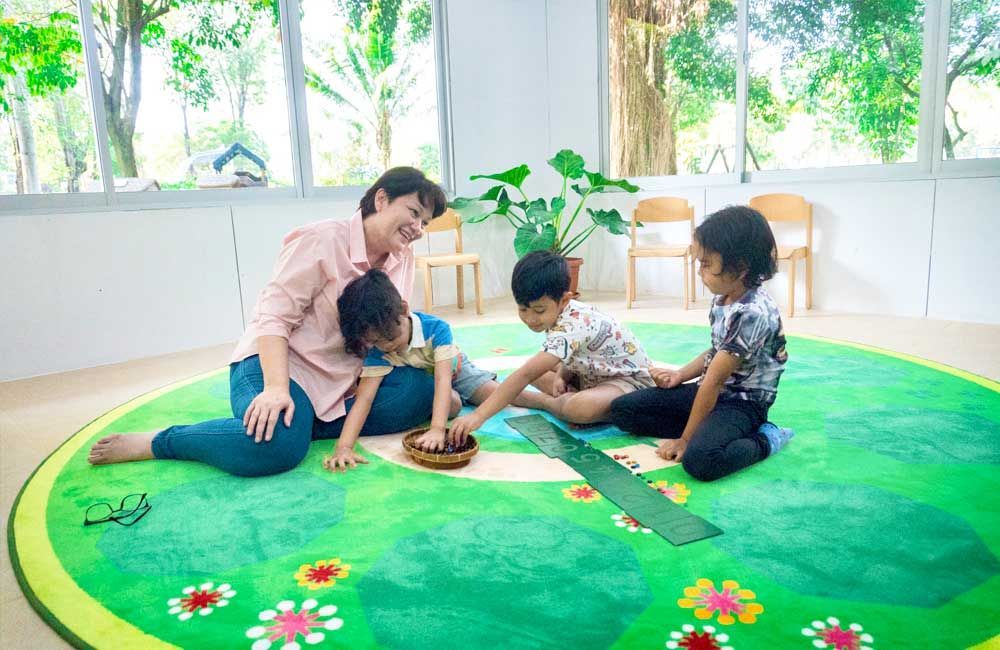
Preschool
Most international schools in Jakarta offer education starting at the preschool level, typically through kindergarten or playgroup programs. At this stage, annual tuition fees can range from approximately IDR 26 million to IDR 279 million per year, depending on the school.
| Fees | Preschools |
|---|---|
| Low-Range Fees | Binus School Serpong, BSD City, Genesis Global Community School, German School Jakarta, Global Jaya School, Jakarta Multicultural School, Sampoerna Academy, The Independent School of Jakarta* |
| Mid-Range Fees | Sekolah Pelita Harapan, Jakarta Nanyang School (JNY), British School Jakarta*, ACG School Jakarta*, SIS Jakarta* |
| High-Range Fees | Jakarta Intercultural School |
* Based on old prices from 2024/2025 school year
Primary School / Elementary School
Similar to national schools, international schools in Jakarta offer six years of primary education. Tuition fees for this level typically range from
IDR 55 million to
IDR 431 million per year, depending on the school and its facilities.
| Fees | Primary Schools |
|---|---|
| Low-Range Fees | Binus School Serpong*, BSD City, Genesis Global Community School, Global Jaya School, Jakarta Multicultural School, Jakarta Nanyang School (JNY), Sampoerna Academy*, Santa Laurensia, Sinarmas World Academy |
| Mid-Range Fees | German School Jakarta, Sekolah ACS Jakarta West Campus BSD City, Sekolah Pelita Harapan, SIS Jakarta* |
| High-Range Fees | ACG School Jakarta*, British School Jakarta*, Jakarta Intercultural School, The Independent School of Jakarta |
* Based on old prices from 2024/2025 school year
Secondary School / High School
International schools in Jakarta offer secondary education, equivalent to junior high school. Annual tuition fees at this level range from approximately
IDR 89 million to
IDR 504 million, depending on the school and program.
| Fees | Secondary Schools |
|---|---|
| Low-Range Fees | Binus School Serpong*, Jakarta Multicultural School, Jakarta Nanyang School (JNY), Sampoerna Academy |
| Mid-Range Fees | German School Jakarta, Global Jaya School, Sekolah ACS Jakarta West Campus BSD City, SIS Jakarta* |
| High-Range Fees | ACG School Jakarta*, British School Jakarta*, Jakarta Intercultural School, Sekolah Pelita Harapan, The Independent School of Jakarta |
* Based on old prices from 2024/2025 school year
Why are International School Tuition Fees so Expensive?
The higher costs associated with attending an international/SPK school in Jakarta are driven by several important factors. Understanding these reasons can help parents make more informed decisions when choosing the right school for their child.
1. Profit Orientation
Many international schools in Jakarta are owned by private companies or local educational groups and are operated as businesses. While offering quality education and impressive facilities is certainly part of their mission, the primary goal remains financial sustainability and profit generation. As a result, tuition fees are structured to support not only academic programs but also the schools' business operations and growth.
However, it is important to note that not all international schools are profit-oriented. Schools like the German School Jakarta (a.k.a. Deutsche Schule Jakarta / DSJ), operated by an Indonesian Yayasan (non-profit foundation), are legally prohibited from making a profit. Every tuition fee payment directly supports student education, teacher development, and facility improvement — without the need to generate returns for shareholders.
Thanks to additional financial assistance from the German government — including the placement of highly qualified German teachers and strong support for school development — DSJ is able to offer world-class education and outstanding facilities at a fair and highly competitive tuition level, without compromising on quality.
In short, while many SPK schools must prioritize profit, non-profit models
like this show that exceptional education can be delivered at a truly fair price when
student learning, not profit, is the primary focus.
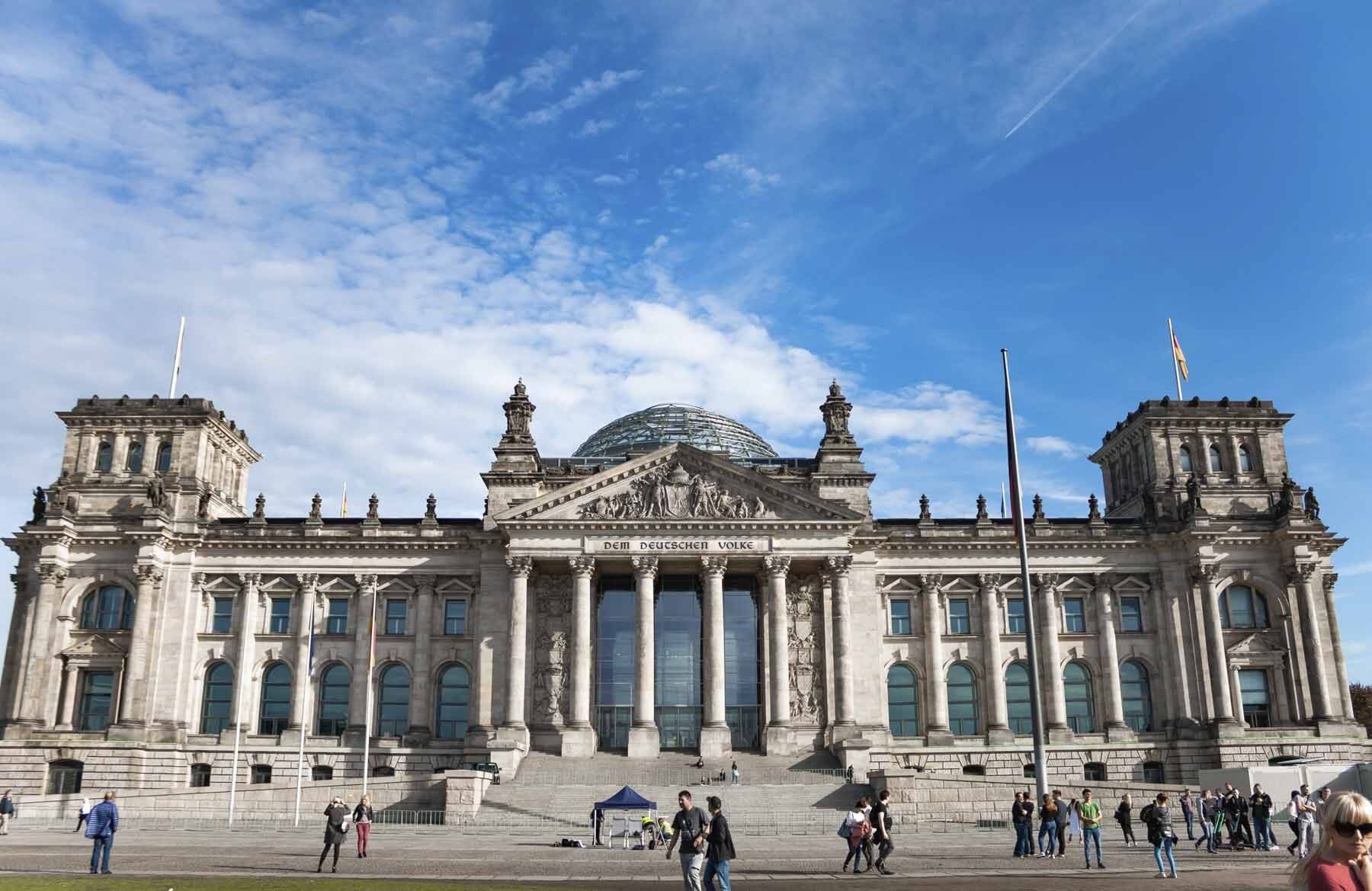
2. Curriculum License Fees
Another key factor influencing tuition costs at SPK schools is the licensing of international curricula. Most schools offering programs such as the Cambridge Assessment or the International Baccalaureate (IB) must pay substantial licensing and accreditation fees. These costs, in turn, are passed on to parents through higher tuition fees.
However, some schools, such as the German School Jakarta, follow a different path. DSJ offers the official German Deutsches Internationales Abitur (DIA) curriculum, a globally recognized qualification that does not incur the heavy licensing fees associated with programs like IB or Cambridge. This approach allows DSJ to maintain more competitive tuition fees without sacrificing academic quality.
Beyond cost savings,
the DIA curriculum is internationally celebrated for its depth and breadth. Rather than forcing students to specialize early, the DIA curriculum supports a broad-based education across sciences, humanities, languages, and the arts up to Grade 12. This flexible and comprehensive approach equips students with the academic foundation and critical thinking skills needed
to succeed at universities around the world — no matter their chosen field of study.
3. Quality Education Comes at a Cost
In today’s globalized world, quality education demands significant resources. International/SPK schools invest heavily in providing students with an education that meets global standards. To deliver world-class curricula, attract qualified educators, and maintain modern facilities, schools need substantial funding. This is why tuition fees for international schools are often higher than those at national schools.
The costs associated with these high standards of education include investments in state-of-the-art facilities, learning materials, and extracurricular opportunities that help nurture well-rounded individuals. Additionally, schools often prioritize providing students with an environment conducive to academic growth, which requires careful planning and ongoing maintenance.
Although tuition fees for International/SPK schools may be higher than those at national schools, they reflect the substantial investment in
providing a holistic, high-quality education that prepares students for success in an increasingly competitive, interconnected world.
4. The Importance of Highly Qualified Teachers
One of the cornerstones of international schools is their commitment to hiring highly qualified educators. These teachers are not only experts in their respective fields, but they also bring a wealth of experience and knowledge that enhances the learning experience for students.
International schools place a strong emphasis on the professional development of their teaching staff, ensuring that they are up-to-date with the latest educational trends, technologies, and teaching methodologies. Teachers are typically required to hold advanced degrees in their subject areas and have experience teaching in international environments. Many schools also have programs in place to support teachers' ongoing professional growth.
The quality of teaching is critical to providing
a world-class education, and this is reflected in the commitment of international schools to attracting and retaining top-tier educators. These teachers play a vital role in preparing students to thrive in global communities and succeed in their future careers.
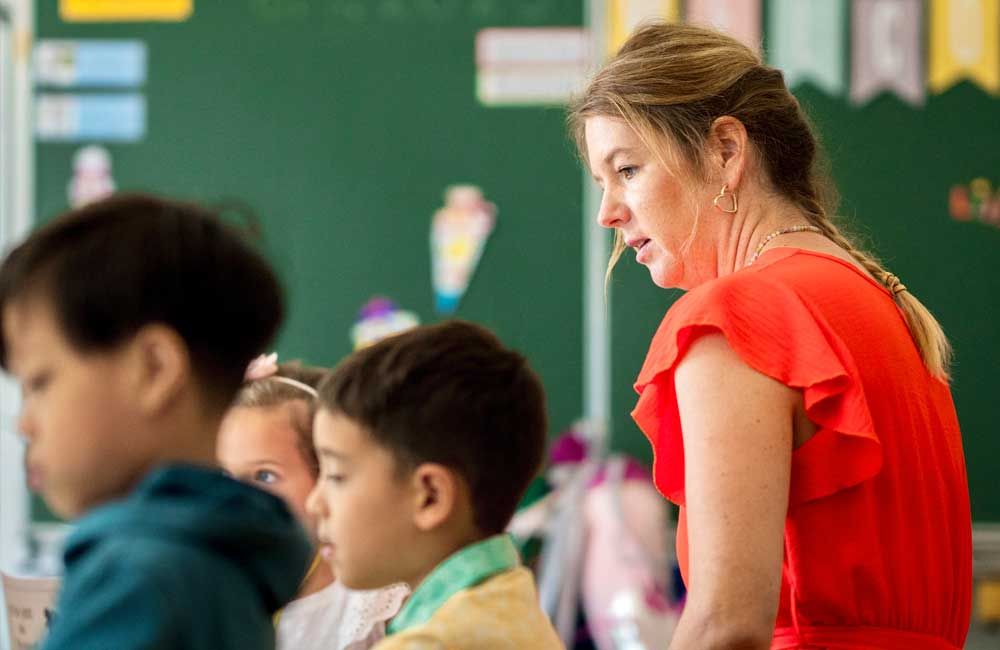
5. State-of-the-Art Facilities
International/SPK schools place a significant emphasis on providing modern, well-equipped facilities to support students' academic and extracurricular development. These schools understand that high-quality education goes beyond just the classroom; it’s about creating an environment that nurtures students' growth in every aspect.
State-of-the-art facilities include modern, well-maintained classrooms, science and technology labs, libraries, and sports complexes. These investments not only enhance learning but also help foster creativity, critical thinking, and physical well-being. Physical spaces like sports fields and gymnasiums are vital for promoting health and physical activity, which in turn supports students' mental and emotional well-being.
For example, the German School Jakarta is known for its expansive campus, featuring large outdoor areas that invite play, sports, and a variety of other activities, all promoting a balanced lifestyle.
In short, the cost of attending an international/SPK school reflects the commitment to providing an environment where students can thrive academically, socially, and physically. These facilities play a key role in
helping students develop into well-rounded individuals prepared for success in the future.
6. Opening Doors to Leading Universities Worldwide
One of the key advantages of attending an international school is the opportunity it provides to access top universities worldwide. Graduates from these schools are well-prepared for higher education and are highly sought after by universities around the globe.
International schools offer globally recognized curricula, which are designed to provide students with the academic rigor and critical thinking skills required for success in university. Graduating from these schools opens doors to prestigious universities in countries like the United States, the United Kingdom, Germany, and beyond.
For example, students at the German School Jakarta benefit from a direct path to higher education in Germany, where they are considered domestic students. Their Abitur qualification grants them access to over 400 prestigious universities across Germany, including some of the world’s top 200-ranked institutions — importantly, without tuition fees at public universities.
Beyond Germany, graduates of international/SPK schools are well-prepared to pursue their studies at leading universities worldwide. The strong academic foundation, combined with intercultural competence and multilingual skills, equips students to succeed in any international academic setting.
In conclusion, an international education doesn’t just open doors for university admissions; it
prepares students to excel at the world’s top institutions, ensuring a strong start in their academic and professional futures.
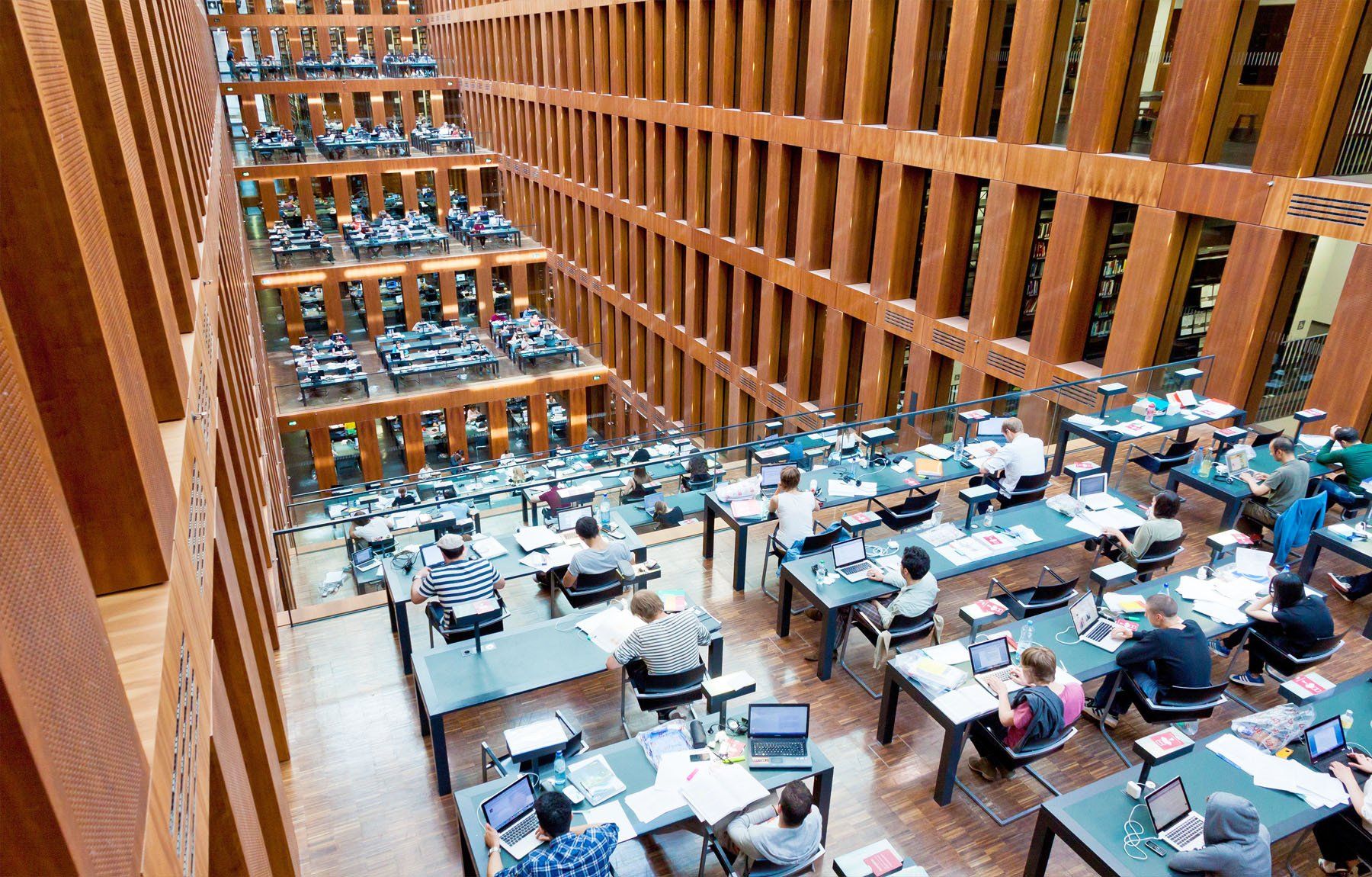
Conclusion
In conclusion, while the costs of international/SPK schools may be higher than those of national schools, the investment offers unmatched benefits that go beyond academics. These schools provide world-class education, unlocking doors to prestigious universities and equipping students with the skills, experiences, and global perspectives necessary to thrive in an increasingly interconnected world.
From advanced curricula and state-of-the-art facilities to access to top universities worldwide, international schools ensure that students are well-prepared for both academic success and future career opportunities. Investing in your child's education at an international school is an investment in their future — one filled with limitless possibilities for personal and professional growth.
At the German School Jakarta, this investment is particularly valuable. With its unique Deutsches Internationales Abitur (DIA) curriculum, students are given a direct path to higher education in Germany, including access to over 400 top universities without the burden of tuition fees at public institutions. This holistic approach to education, combined with outstanding facilities and a strong emphasis on student well-being, makes the German School Jakarta an exceptional choice for families seeking a high-quality, globally recognized education for their children.
If you want to learn more about the German School Jakarta, you can get in touch with us.
Thank you for taking the time to read our blog on international/SPK school fees. We hope the insights we've shared help guide you in finding the right school for your child. As we continue to share more articles on education, we look forward to providing you with valuable information. We appreciate your feedback—please feel free to share your thoughts with us.
Best of luck in your search for the perfect school for your child!

